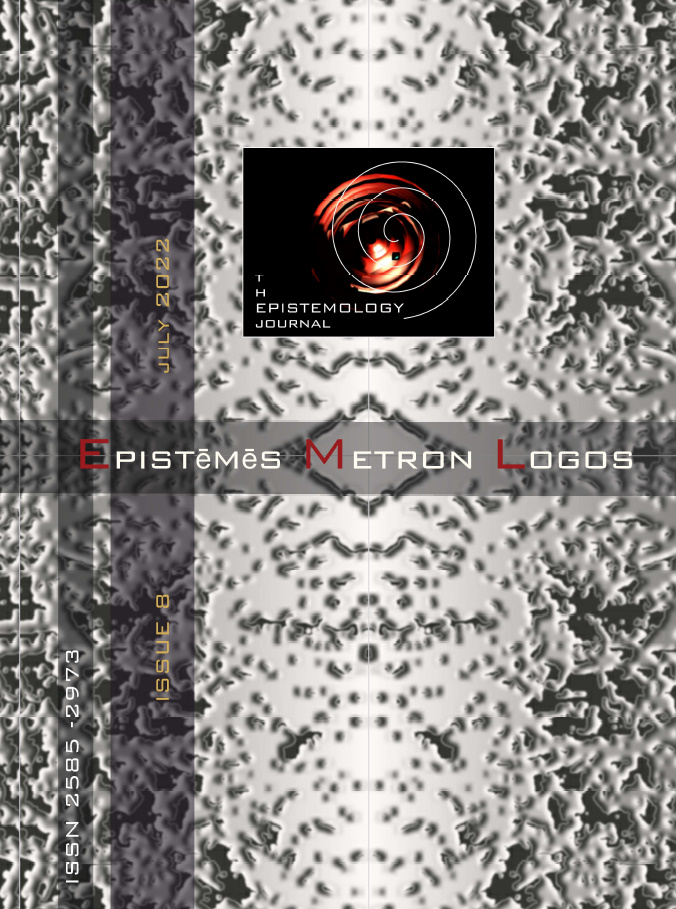The Gestational Surrogate’s Autonomy
Abstract
The necessary consent of the surrogate mother is a safeguard of both her autonomy and her self-disposition
and guarantees not only the protection of human value (article 2, paragraph 1 of the Greek
Constitution) but also the protection of her personality (article 5 paragraph 1 of the Greek Constitution
and article 57 the Greek Civil Code). It is worth noting, after all, that sometimes it is necessary to restrict
the freedom of some people, in order to ensure the freedom of others. The gestational surrogate expectant
is not forced for her act. Autonomy presupposes the possibility of formulating and implementing
a decision, as a form of personal freedom, having as a result that pressure opposes the obstruction
of the surrogate mother and the future parents to do what they want and therefore feel free and not
be oppressed indirectly. On the other hand, Ronald Dworkin reports on the importance of autonomy in
reproduction. According to the liberal view of human value, a behavior is not characterized as inhuman
and degrading, nor immoral, in case it is not perceived as such by the subject who participates in it or
accepts it. Otherwise, an objective approach to this principle would be in case that a behavior is considered
to be inhuman by social criteria and regardless of the expression of the individual’s free consent
and her possible desire to continue in activities offensive to the individual.
Article Details
- How to Cite
-
Sakellaraki, K. (2023). The Gestational Surrogate’s Autonomy. Epistēmēs Metron Logos, (8), 21–27. https://doi.org/10.12681/eml.32351
- Issue
- No. 8 (2022): July 2022
- Section
- Publishing partner

This work is licensed under a Creative Commons Attribution-NonCommercial 4.0 International License.
Authors who publish with this journal agree to the following terms:
Authors retain copyright and grant the journal right of first publication with the work simultaneously licensed under a Creative Commons Attribution Non-Commercial License that allows others to share the work with an acknowledgement of the work's authorship and initial publication in this journal.
Authors are able to enter into separate, additional contractual arrangements for the non-exclusive distribution of the journal's published version of the work (e.g. post it to an institutional repository or publish it in a book), with an acknowledgement of its initial publication in this journal.
Authors are permitted and encouraged to post their work online (preferably in institutional repositories or on their website) prior to and during the submission process, as it can lead to productive exchanges, as well as earlier and greater citation of published work.



